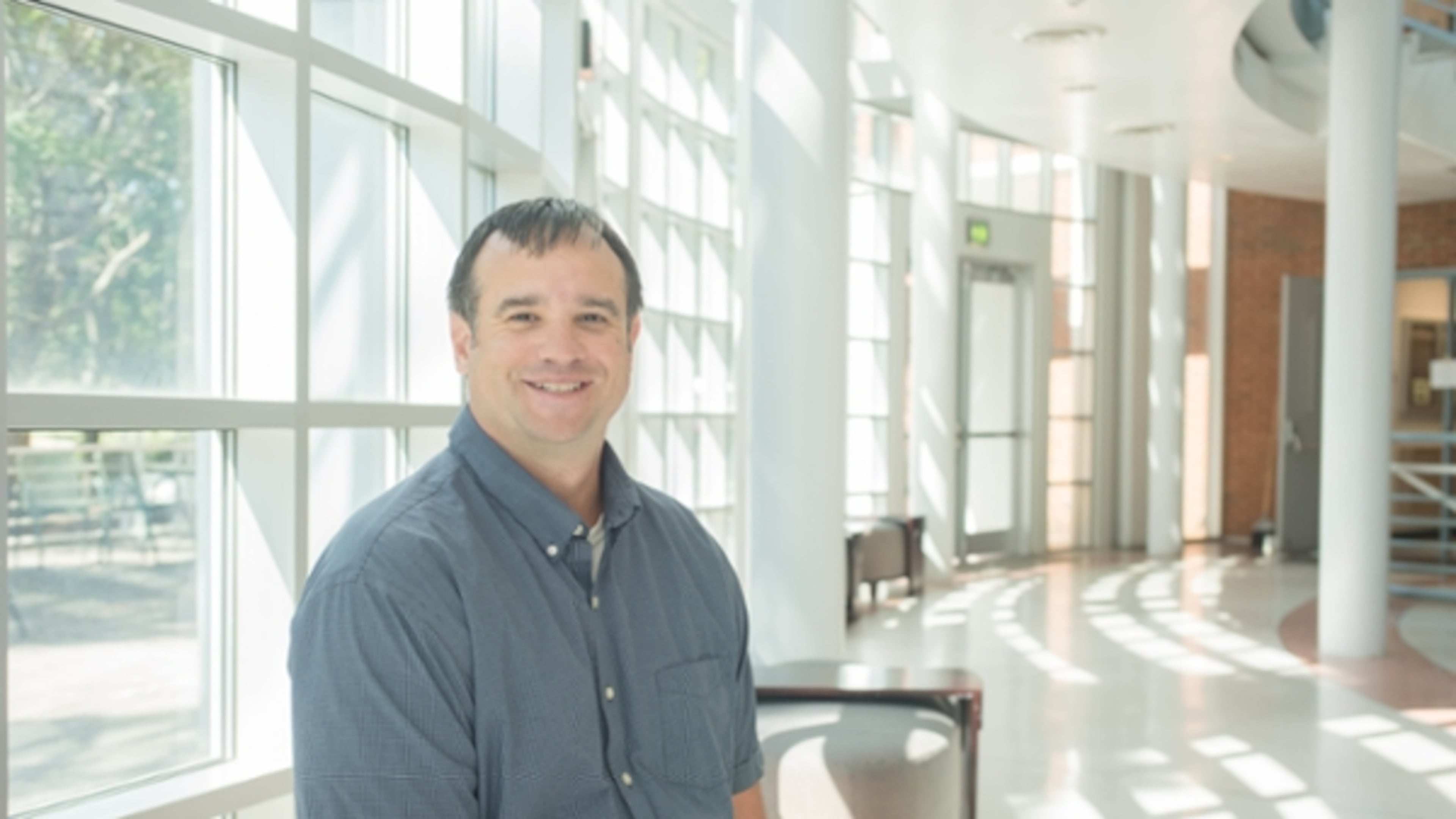White supremacists target Georgia professor with web of lies

Higher education has long been suspect in America, and even more so today when nearly two-thirds of conservative Republicans said in a 2017 Pew Research Center survey that colleges have a negative effect on the nation.
Many of those voters deride American campuses as safe houses where coddled students study the racism of beauty pageants or queer musicology. Never mind that engineering, bio-medicine and business are among the top majors today, and that most students still take a traditional core steeped in literature, science and math.
With the predisposition to mistrusting academia, it is not surprising how many people fell for a fabricated online campaign against a University of North Georgia faculty member. The targeting of UNG professor Joshua A. Cuevas over the last year by white supremacists began with a disagreement on an internet forum over the electoral college and escalated to harassment and hoaxes to get him fired.
An associate professor and educational psychologist, Cuevas detailed his harrowing experiences in an online essay for the American Association of University Professors. In a phone interview Thursday, he said he's been amazed at the number of fellow academics this week who contacted him to say, "Me, too."
“I didn’t realize how widespread this was,” said Cuevas, whose article has been shared more than 1,500 times. “One woman told me that she had to leave her house and go to a safe house.”
Cuevas traced his cyber harassment to a disagreement on a forum with a right-wing commenter, called OP, who became so vitriolic that Cuevas blocked him. That apparently enraged OP, who called upon colleagues to launch a campaign of intimidation against Cuevas.
The call was heeded by a handful of online agitators armed with keyboards, Photoshop and a playbook of dirty tricks designed to incite people willing to believe anything on social media that confirmed their contention that a liberal orthodoxy despoiled America campuses.
For them, Cuevas represented a trifecta, a Hispanic, a college professor and a member of the despised intellectual elite. The first onslaught of messages called Cuevas the N-word and faggot and told him to “go back.” One email, designed to appear to be from a UNG student, asked whether his course a prerequisite to the course JEWS1488.
Cuevas writes: “I did not respond, but I did examine each person’s page for patterns and commonalities. Some of the attacks came from dummy accounts, false profiles likely set up specifically for this type of situation—to enable anonymous attacks without the risk of exposure or retribution. Of the profiles that appeared to be real, most of them ‘liked,’ or were part of, pro-Trump groups, and most were followers of former Breitbart editor Milo Yiannopoulos… Soon, 60 new ‘reviews’ of my teaching, all uniformly vulgar, appeared.”
On alt-right and white supremacist forums, Cuevas uncovered discussions about him that included expanding the harassment to his family, including taking photos of his wife and crudely editing them. They talked about altering screenshots to make it appear Cuevas had used racial epithets or anti-Semitic terms. They even suggested posing as grad students to charge that Cuevas forced them to fabricate data for a research study.
As the cyber-attacks persisted and grew more virulent, Cuevas alerted the University of North Georgia. An anonymous message sent to 77 UNG faculty members and the school’s Twitter and Facebook, supposedly from a student, accusing him of spreading anti-Semitic views. Then, Cuevas got a call from a UNG administrator about a purported email from him detailing an assignment to write an essay criticizing Donald Trump thatwarned Republican students would be punished for not reflecting Cuevas’ viewpoint.
Cuevas does not teach politics; he teaches research methodology, assessment, and applied cognition. “You can go back seven years of evaluations and not a single student ever said I said anything about politics,” he told me. The university immediately knew the email did not come from his account but from outside UNG.
More lies followed, including a purported note from a conservative UNG student and Trump supporter who feared retaliation from Cuevas. Even some UNG students, who could have easily researched what Cuevas taught, fell for the fabricated screenshots. Why, I asked Cuevas, is it so easy for people to accept something far-fetched that could be disproven with a few minutes of research?
“We all fall prey to confirmation bias, to believe things that confirm what we already think,” he said, noting that his classes on research methodology stress critically examining the evidence.
The evidence here shows the same gullibility that allows online attacks on our bank accounts is now enabling attacks on our institutions of higher learning.



